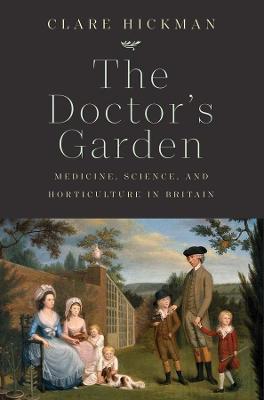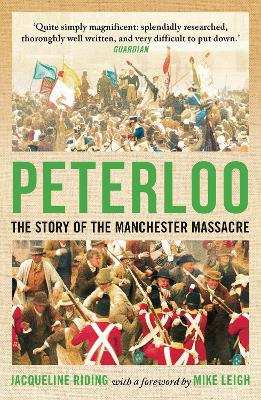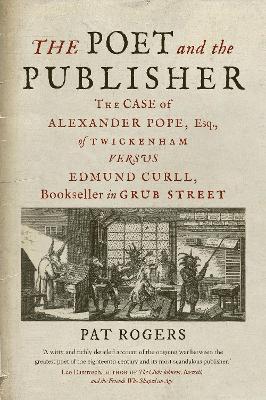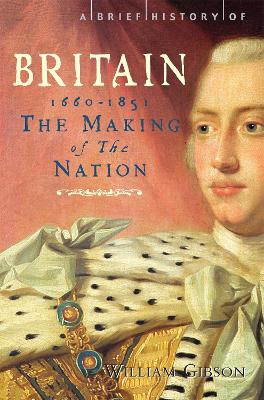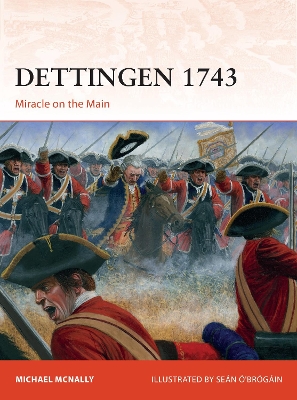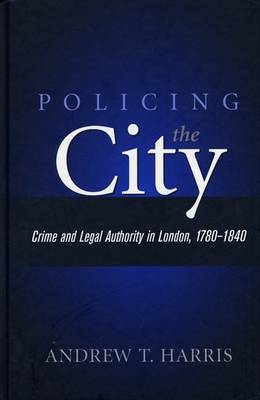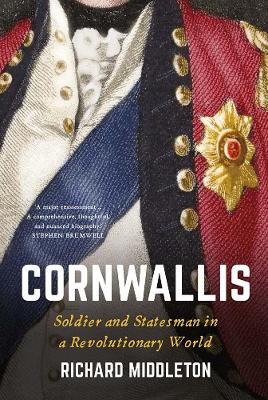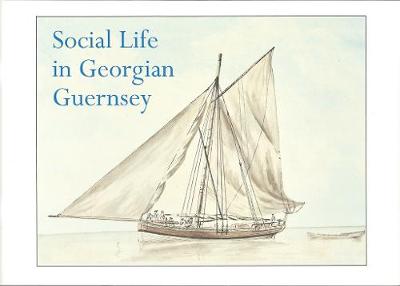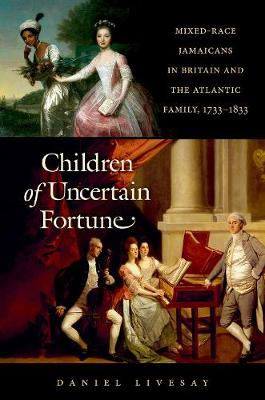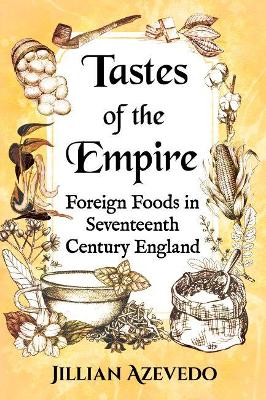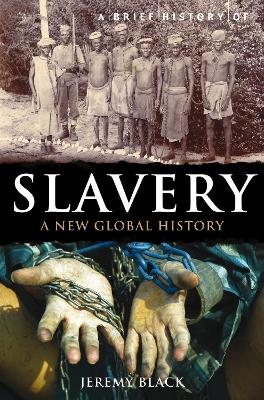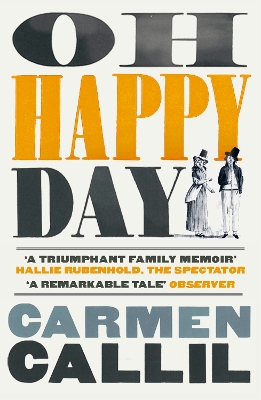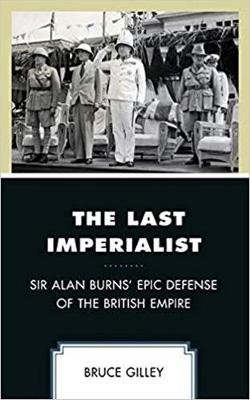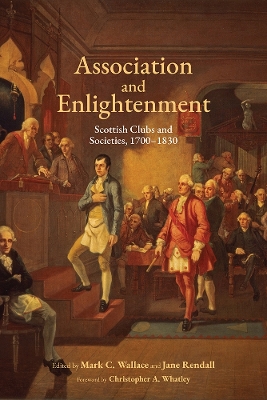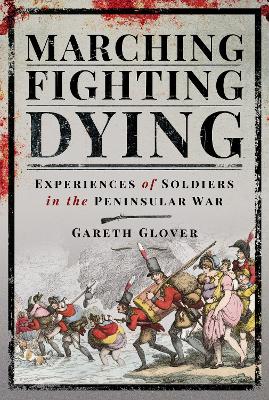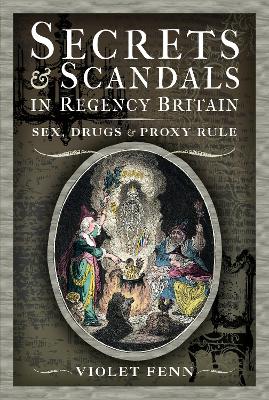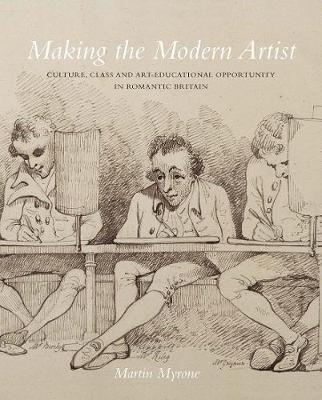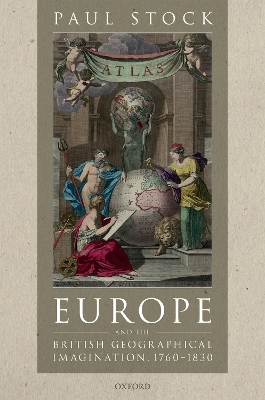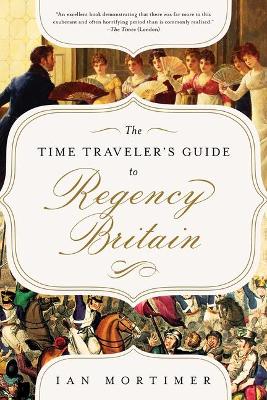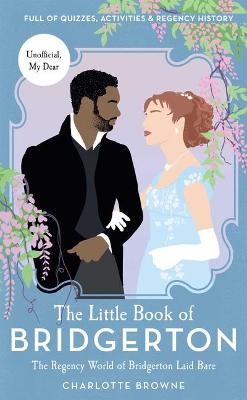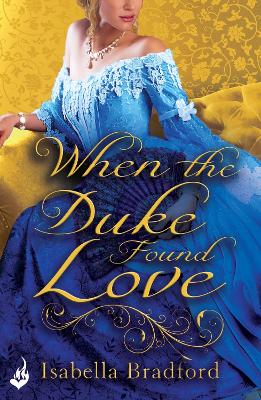A richly illustrated exploration of how late Georgian gardens associated with medical practitioners advanced science, education, and agricultural experimentation As Britain grew into an ever-expanding empire during the late eighteenth and early nineteenth centuries, new and exotic botanical specimens began to arrive within the nation’s public and private spaces. Gardens became sites not just of leisure, sport, and aesthetic enjoyment, but also of scientific inquiry and knowledge disseminatio...
The story of the Peterloo massacre, a defining moment in the history of British democracy, told with passion and authority. 'Excellent' Zadie Smith 'Fast-paced and full of fascinating detail' Tim Clayton 'A superb account of one of the defining moments in modern British history' Tristram Hunt 'Peterloo is one of the greatest scandals of British political history... Riding tells this tragic story with mesmerising skill' John Bew On a hot late summer's day, a crowd of 60,000 gathered in St Pet...
The quarrel between the poet Alexander Pope and the publisher Edmund Curll has long been a notorious episode in the history of the book, when two remarkable figures with a gift for comedy and an immoderate dislike of each other clashed publicly and without restraint. However, it has never, until now, been chronicled in full. Ripe with the sights and smells of Hanoverian London, The Poet and Publisher details their vitriolic exchanges, drawing on previously unearthed pamphlets, newspaper articles...
A Brief History of Britain 1660 - 1851 (Brief Histories)
by William Gibson
Praise for the author:'Gibson's well written and well-documented account of James and the bishops will surely become the new standard authority on these "implausible revolutionaries" for many decades.' Barbara Brandon Schnorrenberg, Anglican and Episcopal HistoryIn 1660, England emerged from the devastation of the Civil Wars and restored the king, Charles II, to the throne. Over the next 190 years Britain would establish itself as the leading nation in the world - the centre of a burgeoning empi...
The death of the Emperor Charles VI in 1741 was the catalyst for a conflict ostensibly about the female inheritance of the Hapsburg patrimony but, in reality, about the succession to the Imperial Throne. The great European powers were divided between those, such as Britain, who supported the Pragmatic Sanction and the rights of the Archduchess Maria-Theresia, daughter of Charles VI, and those who challenged it, including Bavaria which were supported by France. The conflict quickly escalated int...
Policing the City (History of Crime & Criminal Justice (Hardcover))
by Andrew T. Harris
The first biography of Charles Cornwallis in forty years-the soldier, governor, and statesman whose career covered America, India, Britain, and Ireland Charles, First Marquis of Cornwallis (1738-1805), was a leading figure in late eighteenth-century Britain. His career spanned the American War of Independence, Irish Union, the French Revolutionary Wars, and the building of the Second British Empire in India-and he has long been associated with the unacceptable face of Britain's colonial past....
By tracing the largely forgotten eighteenth-century migration of elite mixed-race individuals from Jamaica to Great Britain, Children of Uncertain Fortune reinterprets the evolution of British racial ideologies as a matter of negotiating family membership. Using wills, legal petitions, family correspondences, and inheritance lawsuits, Daniel Livesay is the first scholar to follow the hundreds of children born to white planters and Caribbean women of color who crossed the ocean for educational op...
During the 17th century, England increasingly saw foreign foods made increasingly available to consumers and featured in recipe books, medical manuals, treatises, travel narratives, even in plays. Yet the public's fascination with these foods went beyond just eating them. Through exotic presentations in popular culture, they were able to mentally partake of products of the colonies they may not have had access to. This book examines the ""body and mind"" consumerism of the early British Empire.
The uniforms ot the British Loyal Volunteer Corps 1798-1799 (Soldiers, Weapons & Uniforms Nap, #28)
by Luca Stefano Cristini
A thought-provoking and important book that raises essential issues crucial not only for understanding our past but also the present day.In this panoramic history, Jeremy Black tells how slavery was first developed in the ancient world, and reaches all the way to the present in the form of contemporary crimes such as trafficking and bonded labour. He shows how slavery has taken many forms throughout history and across the world - from the uprising of Spartacus, the plantations of the West Indie...
'A triumphant family memoir' Hallie Rubenhold'Powerfully told...an impressive work' The Times'Gives a voice to the voiceless' Australian Book ReviewIn this remarkable book, Carmen Callil discovers the story of her British ancestors, beginning with her great-great grandmother Sary Lacey, born in 1808, an impoverished stocking frame worker. Through detailed research, we follow Sary from slum to tenement and from pregnancy to pregnancy. We also meet George Conquest, a canal worker and the father of...
Sir Alan Burns was the most prominent defender of the British empire in its final stages. The Last Imperialist: Sir Alan Burns' Epic Defense of the British Empires studies Burns' career and his arguments in defense of European colonialism. Bruce Gilley describes Burns' intellectual and policy battles with opponents of colonialism and his efforts to slow the decolonization process. The Last Imperialist takes readers through Burns' critical roles in World War I, the economic development of British...
Association and Enlightenment (Studies in Eighteenth-Century Scotland)
Social clubs as they existed in eighteenth- and early nineteenth-century Scotland were varied: they could be convivial, sporting, or scholarly, or they could be a significant and dynamic social force, committed to improvement and national regeneration as well as to sociability. The essays in this volume -the first full-length study of the subject in fifty years-examine the complex history of clubs and societies in Scotland from 1700 to 1830. Contributors address attitudes toward associations, th...
Edmund Burke and the British Empire in the West Indies
by Professor Emeritus P J Marshall
Gareth Glover, who has established a reputation as a leading authority on the Napoleonic Wars, uses letters sent home from the Peninsular War by British soldiers to give a candid account of what it was like to serve in the army during the long campaign against the French. The vivid excerpts, which are set in their historical context by the author's expert commentary, are largely drawn from the correspondence of the other ranks, and they fully explore the everyday experience of these men through...
This book takes an entertaining peek at the secrets and scandals of Regency Britain, a period in which the heir to the throne was making merry with his mistress whilst his ailing father attempted to keep a grip on both his crown and his finances. From Princess Caraboo to the Peterloo Massacre, the Regency was a period of immense upheaval in both personal and public lives as well as in politics. We'll see how the advent of the modern media brought spin' to scandal and focus on stories of those p...
Exploring the myths and realities of the origins of the "modern artist" in Britain The artist has been a privileged figure in the modern age, embodying ideals of personal and political freedom and self-fulfillment. Does it matter who gets to be an artist? And do our deeply held beliefs stand up to scrutiny? Making the Modern Artist gets to the root of these questions by exploring the historical genesis of the figure of the artist. Based on an unprecedented biographical survey of almost 1,800 s...
Europe and the British Geographical Imagination, 1760-1830 explores what literate British people understood by the word 'Europe' in the late eighteenth and early nineteenth centuries. Was Europe unified by shared religious heritage? Where were the edges of Europe? Was Europe primarily a commercial network or were there common political practices too? Was Britain itself a European country? While intellectual history is concerned predominantly with prominent thinkers, Paul Stock traces the his...
When The Duke Found Love: Wylder Sisters Book 3 (Wylder Sisters)
by Isabella Bradford
The third in Isabella Bradford's delightful and captivating romance series of the irresistible Wylder sisters.Lady Diana, the youngest of the Wylder girls, is also the most willful. While plans for an excruciatingly respectable marriage to the very staid and dull Lord Crump are being made by her family, a chance meeting at a gala turns Diana's world upside down. A kiss from a dazzling stranger gives her a most intimate introduction to one of the ton's most resolute and scandalous bachelors, the...
